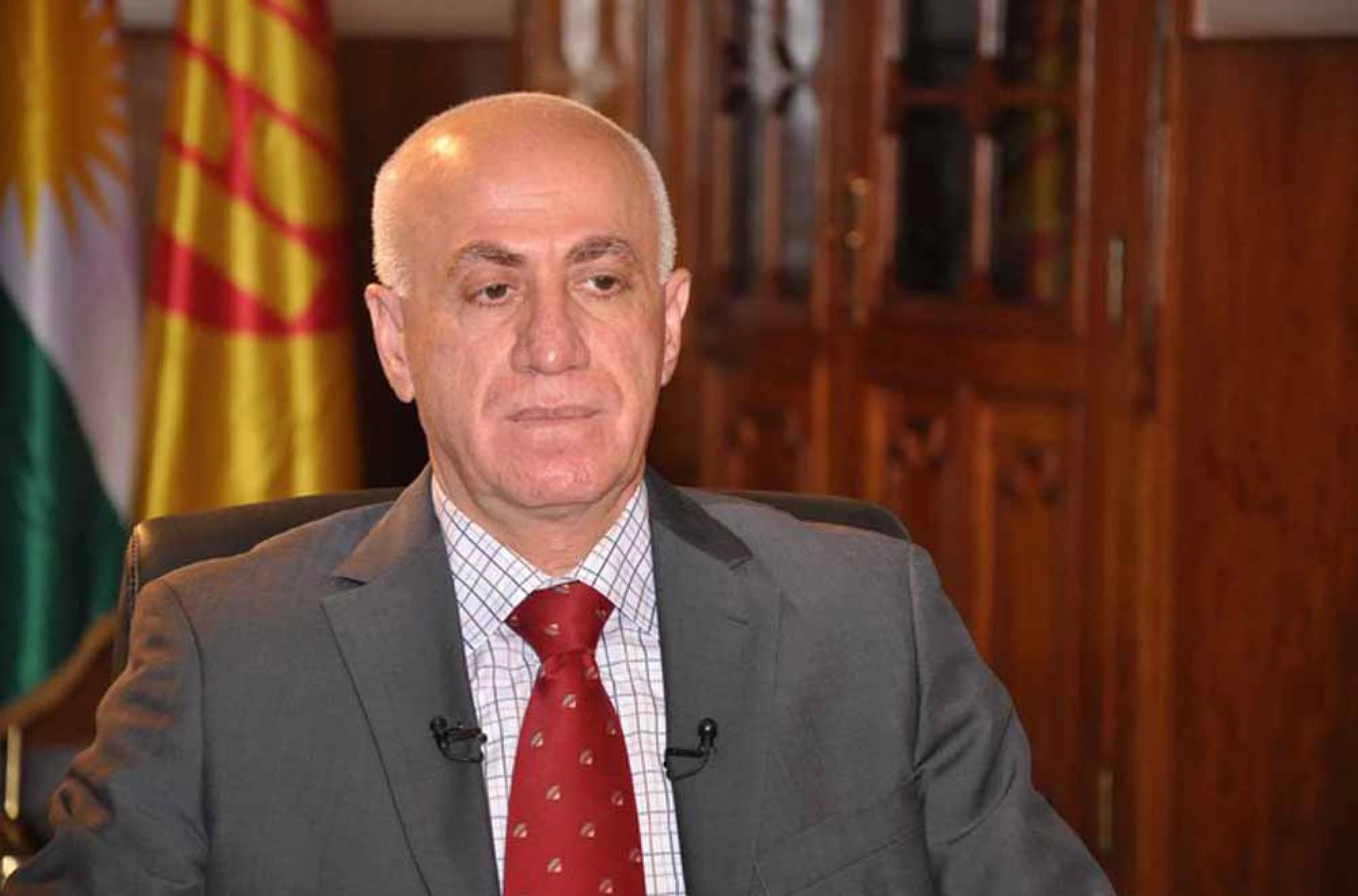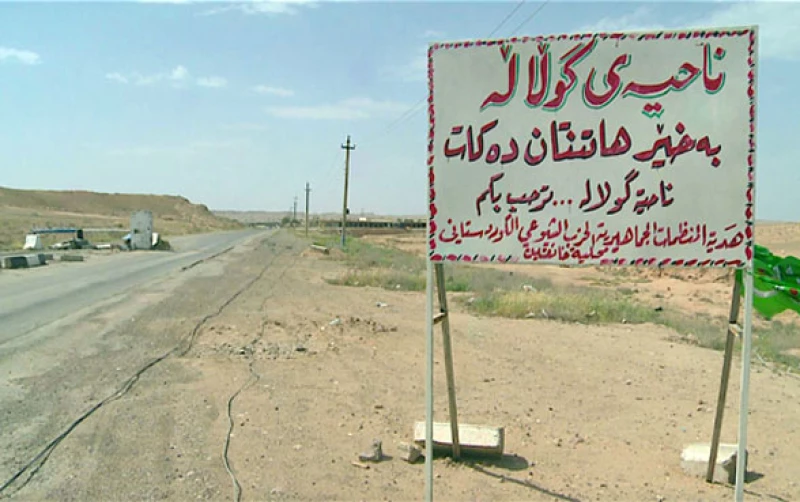ERBIL, Kurdistan Region of Iraq - Mahmoud Mohammed, spokesperson for the Kurdistan Democratic Party (KDP), on Sunday stated the position of Iraq’s president belongs to Kurds and is not reserved for any single political faction.
Iraq’s components have had a power-sharing arrangement since the fall of the Saddam Hussein regime, whereby the Shiites get the prime minister position, the Sunnis get the speaker of parliament post, and Kurds get the Iraqi presidency.
Since 2005, the Iraqi presidency has always been held by a member of the Patriotic Union of Kurdistan (PUK), despite the KDP consistently outperforming its rival in the general elections.
The KDP spokesperson said that Iraq’s presidency was allotted to the PUK in an agreement signed in 2005 between the two parties’ leaders, President Masoud Barzani and Jalal Talabani, whereby Barzani would assume the Region’s presidency, while Talabani took the Iraqi presidency.
Mohammed said that although the agreement was extended for another parliamentary term after Talabani and Barzani’s tenures had ended, “that does not mean the post is reserved for the PUK. The post is for Kurds, and the Kurdish camp needs to agree on this candidate.”
He added that the two parties need to hold further negotiations before deciding on whether they will field a single candidate or separate candidates for the position.
In response to reporters’ questions on whether the PUK will retain the Iraqi presidency, Qubad Talabani, Kurdistan Region's deputy prime minister and senior PUK member, said that it still is “too early to discuss positions.”
“The President of the Republic is a post that is an entitlement of Kurds, but we will see where negotiations will lead to… between the [Kurdistan Region’s] parties themselves,” said Talabani.
Iraq concluded its sixth parliamentary elections on November 11, in which nearly 7,750 candidates competed for the Iraqi legislature’s 329 seats.
Following the announcement of the final results, the new Iraqi parliament must hold its first session within 15 days, during which the representatives elect a speaker, a post that traditionally goes to a Sunni Arab.
Within 30 days of the first session, the parliament must also elect a president for the country, which is a post traditionally reserved for Kurds but one that the Sunnis have also expressed interest in recently.
Kurdistan Region’s government formation
The Kurdistan Region held its parliamentary elections in October 2024, with the KDP emerging victorious with 39 seats, followed by the PUK with 23.
Efforts to form the upcoming Kurdistan Regional Government’s (KRG) cabinet have been stalled ever since, as talks between the ruling parties have not yet bore fruit.
Mohammed said that the delay has had “negative impact” on the Kurdistan Region’s citizens, adding that each party must be given the degree of “responsibility” in accordance with the votes the people have “entrusted” them.
He asserted that the KDP does not want any party, “even if they scored one seat,” to be excluded from the government formation, in response to whether KDP is ready to form a government without the PUK.
However, the spokesperson noted, if the opposing side is “not ready” and continues to create “obstacles” there will be no other choice.
Meanwhile, Talabani claimed that the matter of government formation was the PUK’s priority “from day one” that was “constantly negotiated” before and after the Iraqi election campaigns.



 Facebook
Facebook
 LinkedIn
LinkedIn
 Telegram
Telegram
 X
X


